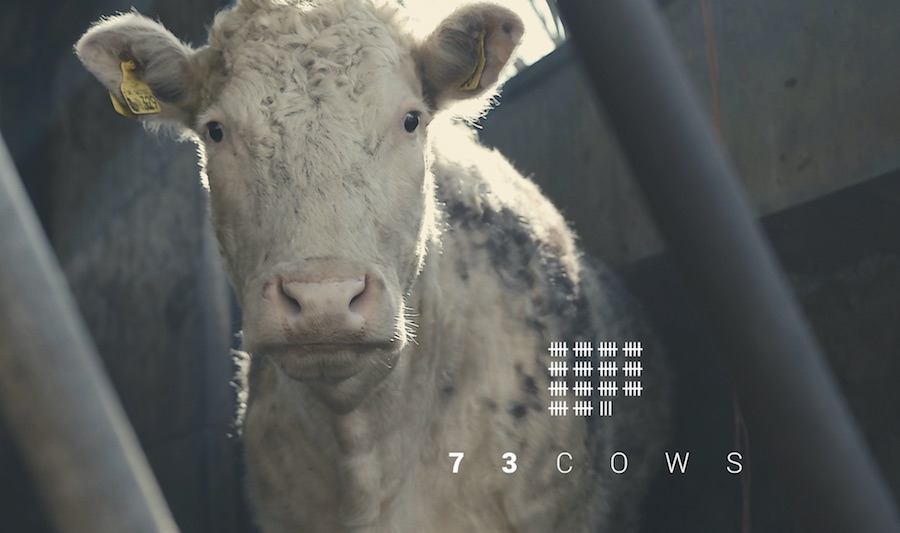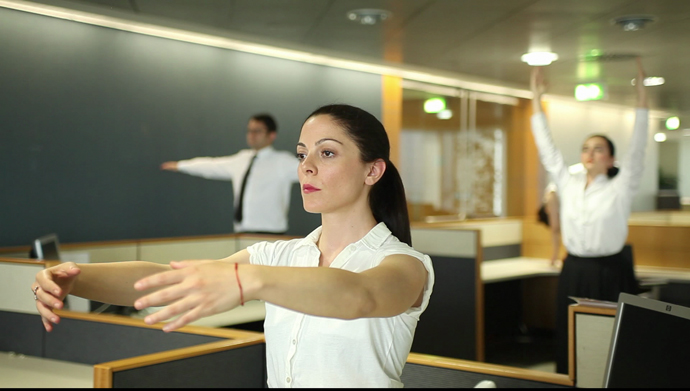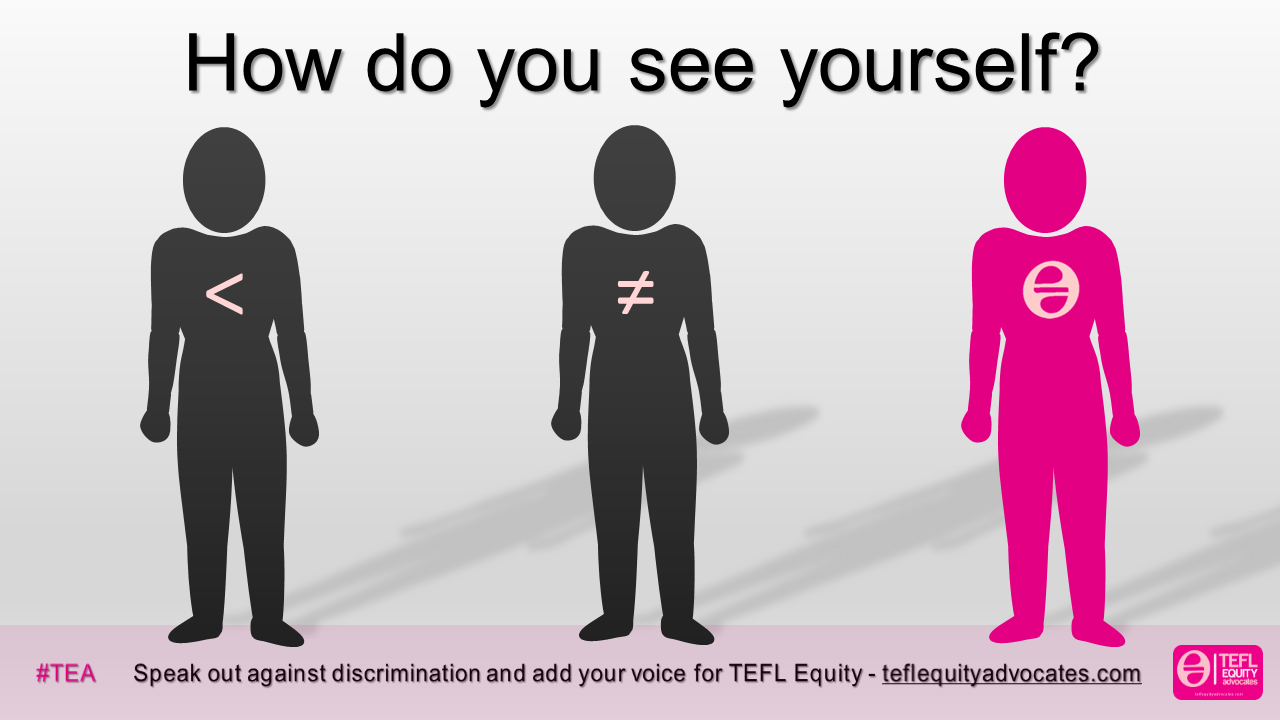There are plenty of articles and videos on how journaling can help you focus, clear your mind, process your thoughts and so on. But if you are like me, you probably don’t really believe them.
I’ve been keeping a journal since I was 8, when my school teacher read us passages from Anne Frank’s Diary and made me want to try too. At the time I had just been given a very girly little notebook, so I decided to start my very first journal (even giving it an name as Anne had done).
I haven’t stopped since. I might have had moments when I was writing daily, and others when I would write one entry a month, but in all this I have never stopped to think what was driving me to pick up a pen and write my thoughts.
Since the beginning of 2019 I have decided to try to write something daily, and so far I have more or less kept to my resolution. I just did it because I wanted to have a nice record of my year, but as I started doing it I began to realise how much it actually helps — and how all those articles and videos might have a point after all.
As a teacher, journaling helps me reflect on my teaching. It also helps in stressful moments to keep some perspective, vent my frustration or get rid of negative thoughts. It is amazing how writing down how you are feeling or what you are thinking can help see yourself from the outside, so to speak.
Personally, it is not just a fun memory-keeping exercise, but it also helps give me a sense of achievement . When I look at my diary now, I don’t feel like my days have just slipped by. I can actually see how I’ve been spending my time and what has kept me busy.
So I guess my point is: try it. It might not radically change your life, but the worst that can happen is that when you go back to read it later, you feel like a fool for having fixated so much on such a small thing, or having worried so much for nothing.





